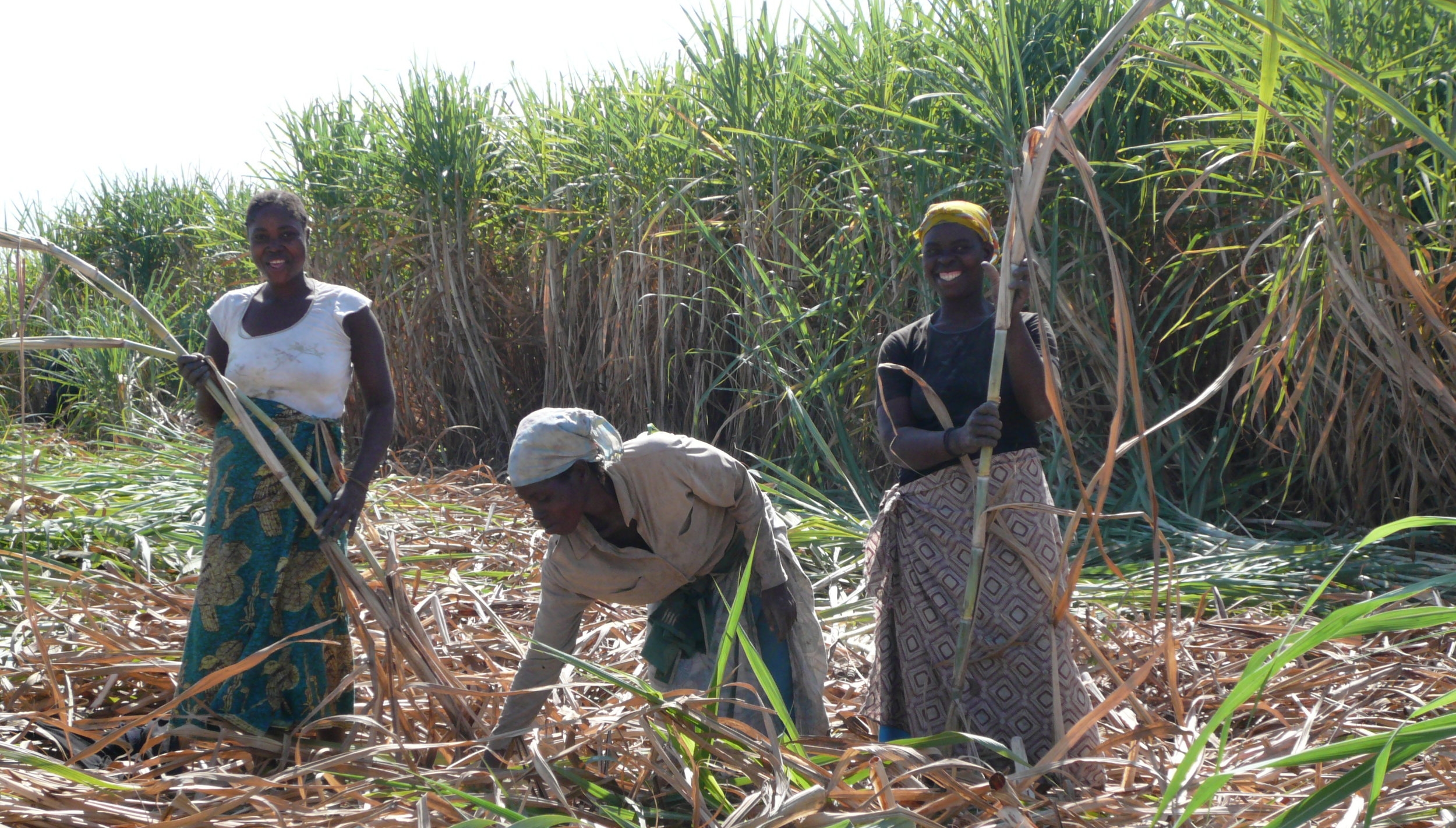“SUGAR, A CORNERSTONE FOR DEVELOPMENT IN ACP & LDC COUNTRIES”

“ACP Sugar" is an organisation representing 18 sugar industries in African, Caribbean and Pacific (ACP) and Least Developed Countries (LDC).
ACP Sugar members enjoy tariff free access into European Union and the UK but have faced a series of challenges in maintaining the volume and value of that access. The EU and the UK together remain the largest single export market for ACP Sugar and, in 2019/20, 1.037 million tons were delivered. This has fallen to 0.794 million tonsil 2020/21, mainly due to increased tariff free access being granted in the form of an Autonomous Tariff-rate Quota (ATQ) by the UK from 1st January 2021.
ACP Sugar industries deliver a range of different products including refined white sugar, speciality sugars for direct human consumption, and bulk raw sugar for refining. Trade relationships with Europe have been established over decades, built upon the specific logistics and quality of ACP Sugar and thus, despite continuing initiatives to diversify into new markets, the European market remains a crucial one for traditional ACP suppliers.
In recent years, there have been a number of changes within the EU sugar regime which threaten and devalue this trade, most notably:
The reform of the EU sugar regime from 1st October 2017 and the removal of domestic quotas fundamentally affected the value of the trade in sugar from ACP and LDC countries. The removal of quotas initially saw a surge in EU production and a dramatic fall in imports and prices.
The UK government, as part of UKGT schedules, added an annual quota (ATQ) of 260,000 metric tons at zero tariff for imports from the world market. Every tonne of new access granted through FTAs or ATQs competes directly with and displaces ACP/LDC sugar and indeed EU domestically produced sugar. Following a review in 2021, this quota has been extended for 3 years until the end of 2024.
The recently negotiated EU/Mercosur agreement contained a provision reducing tariffs to zero on 190,000 tons of sugar.
Together, these two access quotas are equivalent to around 42% of ACP/LDC deliveries and can be expected to lead to an equivalent loss of ACP-LDC market share.
ACP Sugar is urging that:
The EU desists in subsidising beet producers through VCS
The UK government imposes the MFN tariff on imports of EU sugar while the subsidising effect of VCS remains in the EU sugar sector.
The UK government reviews the 260,000 metric ton ATQ before 31 December 2024 on the basis of an independent impact assessment of its effects on the trade in ACP sugar.·
Both the EU and the UK must treat sugar as a sensitive product during the negotiation of all FTAs.
Sugar policy can support international development and promote global trade. It is an important driver of economic growth for ACP and LDC countries. The role that sugar plays in the national economies of ACP and LDC countries needs to be recognised and the European market must trade at a preferential value to a world market that is severely distorted by subsidies in the largest producers/exporters. This would not only acknowledge the development benefits of sugar but would also help create a fairer trading system and more level playing field.
Cane reception
Cane preparation
Centrifugals


